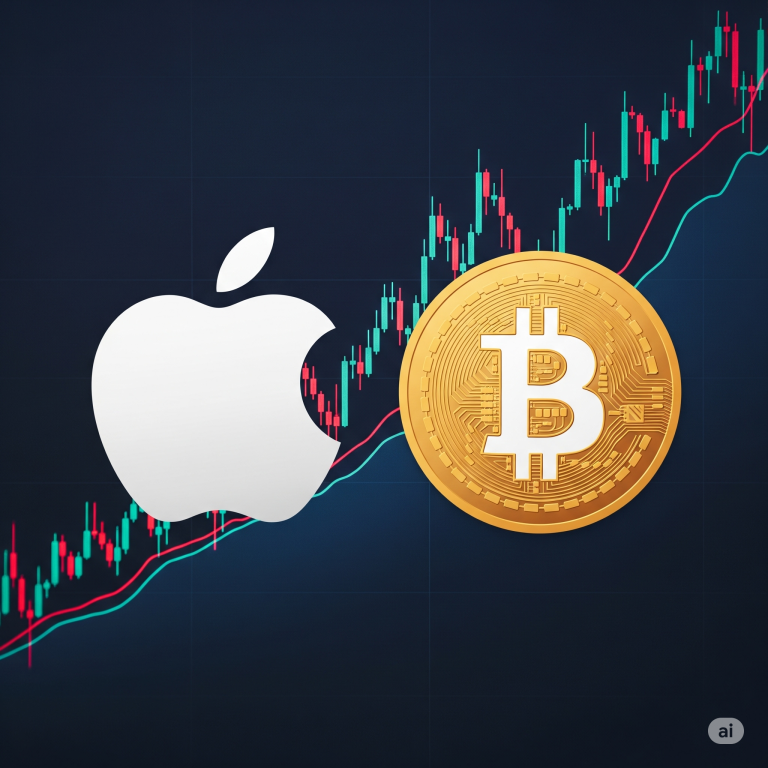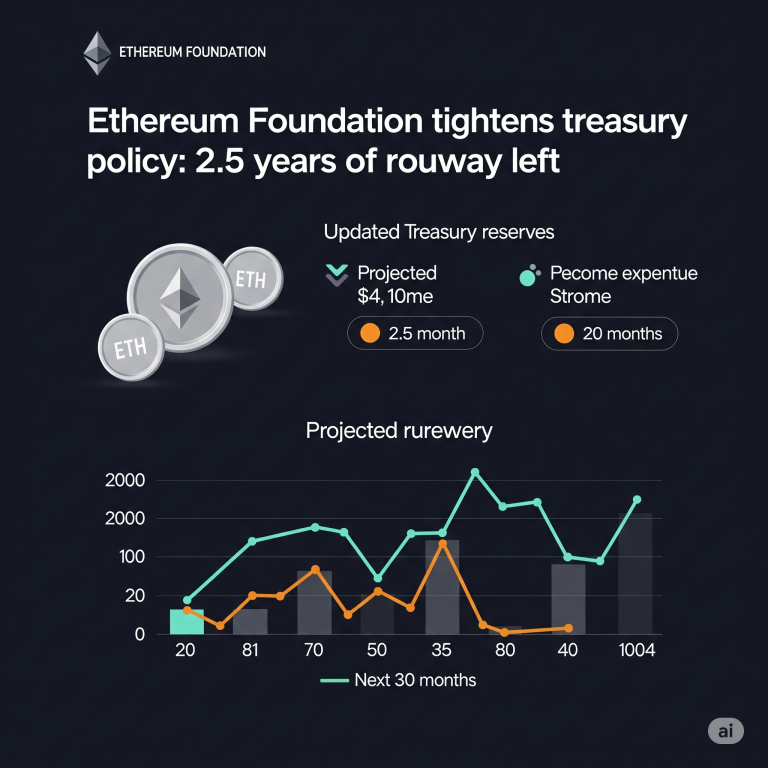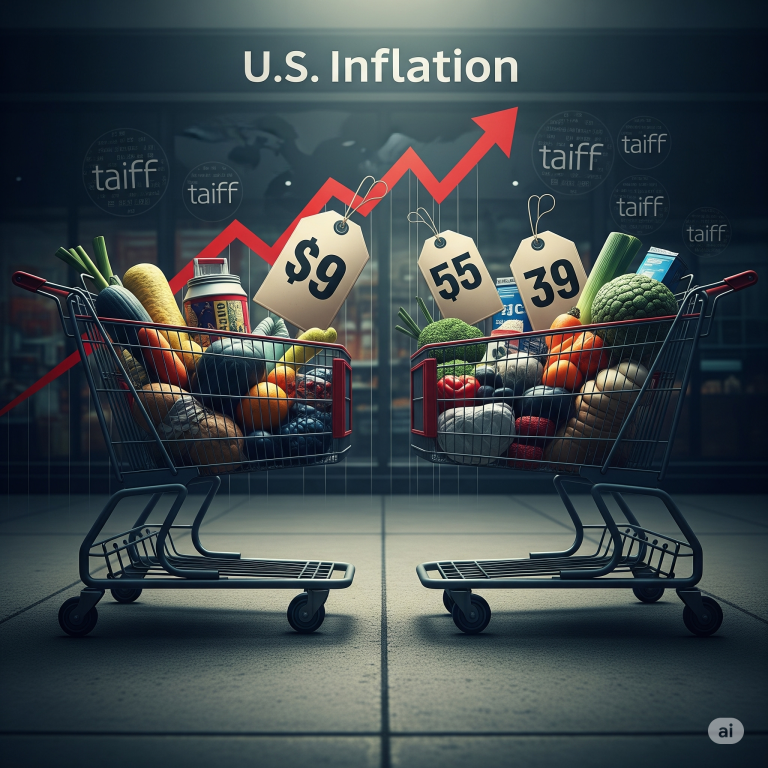Blockchain technology, initially known for powering cryptocurrencies, is rapidly expanding its influence across diverse sectors. This decentralized and secure technology is fundamentally altering how businesses operate, interact, and innovate.
Furthermore, blockchain’s impact is evident in various industries:

Blockchain Technology
Finance
- Healthcare:
- Blockchain plays a crucial role in safeguarding sensitive patient data and ensuring privacy within the healthcare sector.
- Additionally, it streamlines the tracking of pharmaceuticals and medical supplies throughout the supply chain.
- Lastly, blockchain accelerates clinical trials by improving data management and research processes.
- Real Estate:
- Smart contracts, powered by blockchain, automate property transactions and streamline legal procedures within the real estate sector.
- Furthermore, blockchain enables the tokenization of real estate assets, allowing for fractional ownership.
- Government:
- Blockchain enhances the security and transparency of election processes within government operations.
- Additionally, it strengthens identity management systems by securing and verifying citizen identities.
- Moreover, blockchain improves the tracking of government-funded projects, ensuring transparency and accountability.
- In the banking sector, blockchain streamlines cross-border payments, enhances security measures, and improves operational efficiency.
- Within the insurance industry, it facilitates fraud reduction, automates claims processing, and enables the creation of novel insurance products.
- Moreover, blockchain revolutionizes supply chain management by increasing transparency, tracking goods with precision, and mitigating the risk of counterfeiting.
For example,
- Walmart utilizes blockchain to track food products throughout the supply chain, from farm to table, ensuring food safety and traceability.
- Maersk employs blockchain to streamline global shipping and logistics, reducing delays and improving efficiency.
- Pfizer leverages blockchain to track the distribution of COVID-19 vaccines, ensuring authenticity and preventing counterfeiting.
- JPMorgan Chase develops blockchain-based platforms for facilitating cross-border payments and trade finance.
Consequently, the adoption of blockchain technology offers numerous benefits:
- Enhanced Security: Blockchain’s decentralized nature and robust cryptographic algorithms provide a high level of security against cyber threats.
- Increased Transparency: Blockchain generates an immutable and auditable record of transactions, fostering trust and transparency among stakeholders.
- Improved Efficiency: By automating processes and minimizing paperwork, blockchain significantly reduces costs and enhances operational efficiency.
- New Business Models: Blockchain empowers the development of innovative business models, such as decentralized finance (DeFi) and the tokenization of assets.
In conclusion, as blockchain technology continues to evolve, we can anticipate its widespread adoption across a broader spectrum of industries. Its transformative potential is undeniable, and companies that embrace this technology are poised to gain a significant competitive advantage in the rapidly evolving digital landscape.
Would you like to delve deeper into specific blockchain applications within a particular industry or learn more about a specific company’s blockchain initiatives?
This revised version incorporates:
- Clearer transitions: Using words like “Furthermore,” “Moreover,” “Additionally,” and “Consequently” improves the flow and readability.
- Shorter sentences: Breaking down complex sentences enhances readability and comprehension.
- Emphasis on key points: Highlighting key benefits and examples strengthens the message.
Subscribe to our newsletter!





